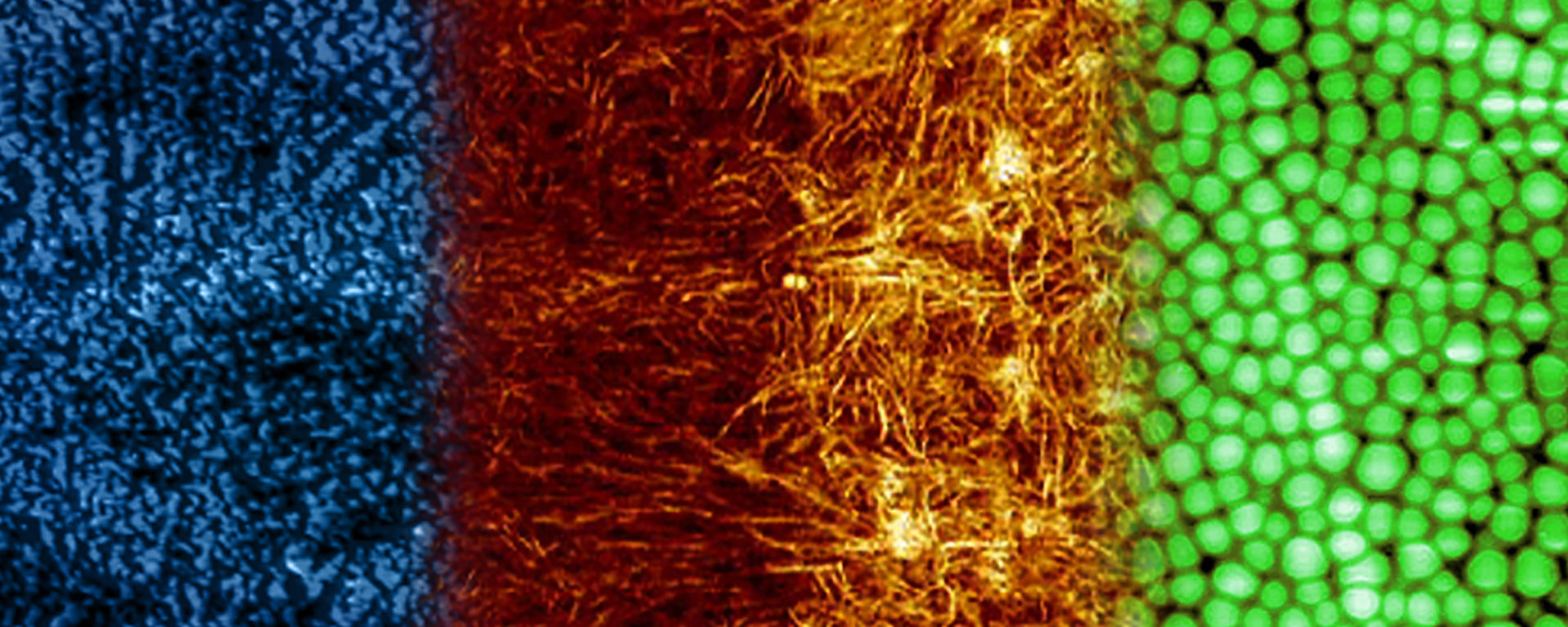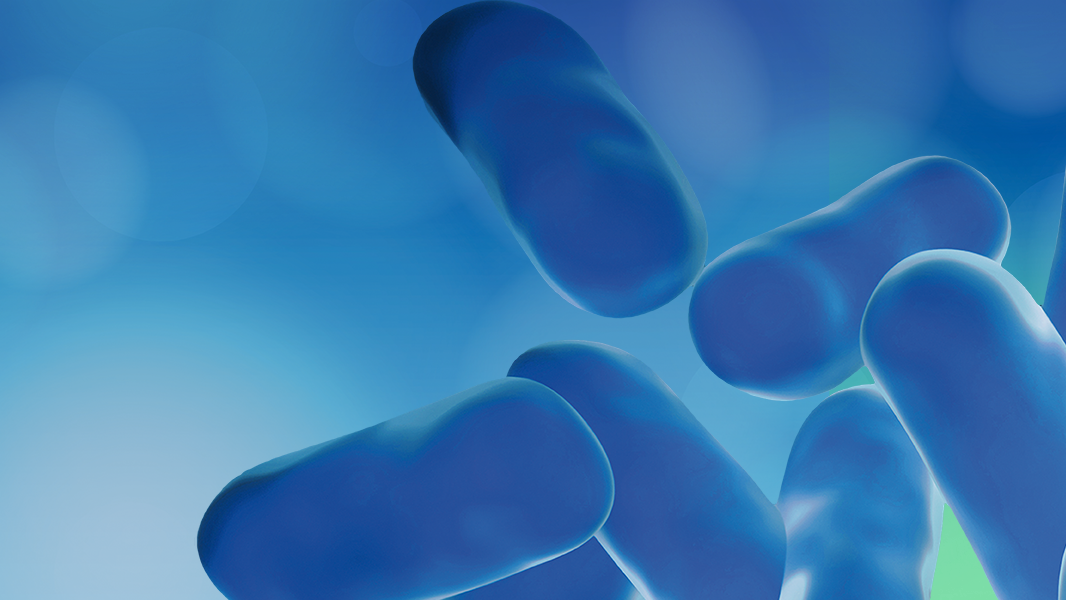

Food Science and Technology at the Nanoscale
Uncover new information about the structure and properties of food materials.
The presentations from this event focus on the role AFM can play in the search for new and innovative analysis and characterization methods, and ultimately how AFM can contribute towards improved food delivery systems and the rational design of food.
Contact us to find out more about the technology featured in this event or our other solutions for food science research.
Program Overview
Food technology is a dynamic field of science that incorporates disciplines as diverse as chemistry, physics, microbiology, biochemistry, and chemical engineering.
Atomic Force Microscopy (AFM) is an advanced multiparametric imaging technique that delivers 3D profiles of the surfaces of biological samples in the nm-range and enables the characterization of their molecular structure and nanomechanical properties.
Our expert guest lecturers offer detailed, application-specific information, examples, and practical guidance regarding the use and utility of AFM in leading-edge food science research.
WATCH ON DEMAND | 30 MINUTES
Understanding Food Polymers using AFM and Statistical Analysis
Prof. Raffaele Mezzenga, Ph.D.
Department of Health Sciences and Technology & Department of Materials, ETH Zurich, Switzerland
Understand how the conformation, properties, and structure of food polymers and colloids can be understood by combining AFM high-resolution imaging with statistical analysis and polymer physics concepts...
WATCH ON DEMAND | 30 MINUTES
Developing Food Delivery Systems with Tailored Digestibility: The Utility of AFM
Assoc. Prof. Uri Lesmes, Ph.D.
Faculty of Biotechnology and Food Engineering, Technion, Israel Institute of Technology, Israel
Learn more about the field of colloidal food delivery systems and how AFM imaging has aided in understanding the link between the colloidal properties of V-type amylose architectures and...
Featured Products and Technology
Speakers
With introduction, open forum discussion, and conclusion led by Carmen Pettersson, Sr Manager Product Marketing BioAFM, Bruker.
Prof. Raffaele Mezzenga, Pd.D., Department of Health Sciences and Technology & Department of Materials ETH Zurich, Switzerland
The focus of Prof. Raffaele Mezzenga’s research is on the fundamental understanding of self-assembly principles in proteins, polymers, liquid crystals, food and biological colloidal systems. He has co-authored over 300 publications. He has been a visiting Professor at the Helsinki University of Technology (now Aalto University), RMIT Melbourne, Monash University and NTU Singapore. His work has been recognized by several prestigious international distinctions such as the 2017 Fellowship and the 2013 John H. Dillon Medal of the American Physical Society, the 2013 Biomacromolecules/Macromolecules Young Investigator Award of the American Chemical Society, the 2011 American Oil Chemists' Society Young Scientist Research Award, and the 2004 Swiss Science National Foundation Professorship Award.
Assoc. Prof. Uri Lesmes, Ph.D., Faculty of Biotechnology and Food Engineering, Technion Israel Institute of Technology, Israel
Assoc. Prof. Uri Lesmes joined the Technion in 2010 after holding appointments as visiting scholar, lecturer, and post-doctoral fellow at the University of Reading (UK) and the University of Massachusetts-Amherst (USA). His expertise lies mainly in the rational design of food and the investigation of food’s digestive fate using in vitro digestion models and foodomics tools and approaches. Uri has an h-index of 31 with over 4400 citations and he is the academic supervisor of the Center for Health and Food Innovation as well as the EIT Food Accelerator program at the Technion.
He is publicly active in many international scientific activities and professional committees (such as the INFOGEST network, FWO Flanders, BBSRC, SNF, EFFoST) and has received various recognitions for outstanding academic teaching and research.
